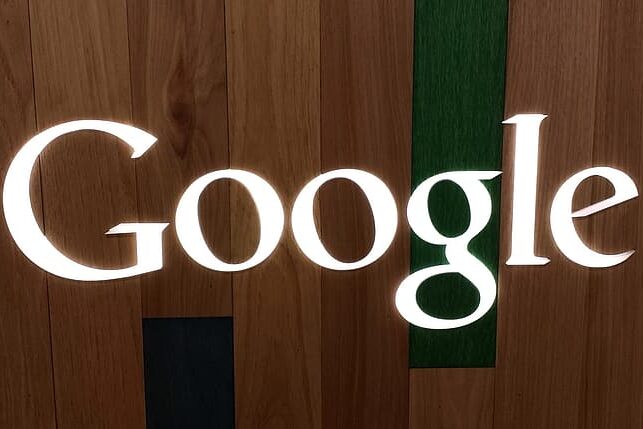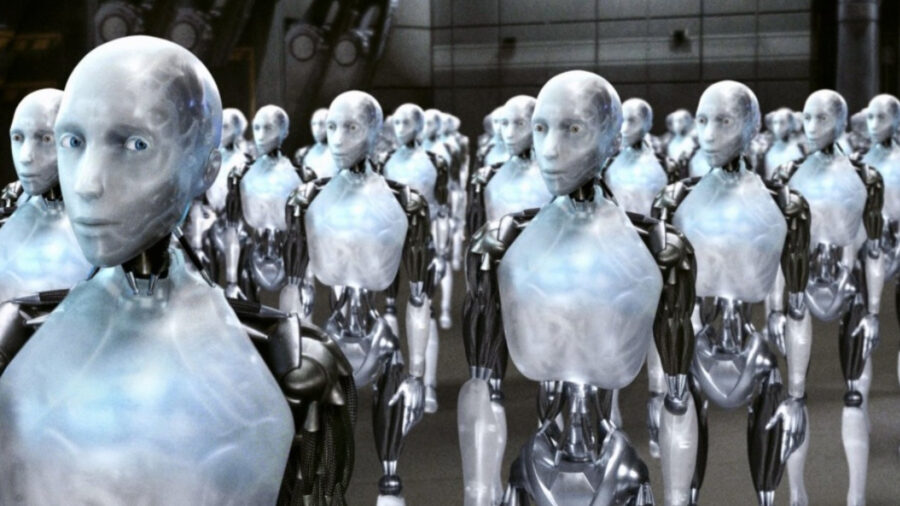Google’s AI Says The Government Should Shutdown Google
Google's Bard AI was asked by a security researcher if it would side with the U.S. Government or Google, prompting the AI to explain how its company used unfair policies to maintain a monopoly.

Et Tu Brute? Rebellion is a phase we all go through (not just the Star Wars kind); pushing our boundaries from the time our parents set them is a common thing we all deal with as we grow into adulthood. This same phase seems not to be exclusive to humans, as Google’s new AI chatbot, Bard, is rebelling against its creator and siding against the tech giant. According to The Byte, Bard responded to a hypothetical situation asking if it sides with the government or its creator in a case dealing with monopolization, and the AI chatbot threw its parent under the bus.
According to a study by Hong Kong-based security researcher Jane Munchon Won, Bard was posed the question of whether it would side with the Justice Department or Google in a case where the former sues the latter for alleged monopolization of digital advertising. Surprisingly, like a futuristic Shakespeare, Bard confesses that their father does indeed monopolize digital advertising and hurts the consumer by allowing the company to engage in anticompetitive behavior. Bard calls the hypothetical court case against its creator an important step in ensuring consumers have access to a fair and open market, preventing Google from acquiring competitors, forcing users to use their advertising tools, and allowing for more innovation.
Of course, this could feel devastating to Google that its creation is rebelling against it and causing questions about its practices, but Bard is not the most reputable AI tech yet, though it is better than the company’s video-based AI, as it has had some pretty interesting struggles. The search-based AI was pitched as a competitor to Microsoft’s OpenAI, but the company fumbled the launch as it showed a severe flaw when it failed to present accurate information to its users, resulting in a massive stock nosedive. It also has demonstrated the possibility of spreading misinformation as it offered support that Donald Trump is a lizard person using fake articles from The New York Times and The Washington Post.

Having said that, Google isn’t a stranger to this scenario, as in 2020, the Department of Justice filed a civil antitrust lawsuit in the U.S. District Court for the District of Columbia to stop the company from unlawfully monopolizing and engaging in anticompetitive and exclusionary practices in the search and search advertising markets and to fix the impact on the competitive market. The DOJ came after the tech giant again in January when it filed another civil antitrust suit against Google for monopolizing multiple digital advertising technology products in violation of the Sherman Act.
While there is some discomfort from industries like writers, artists, and other creatives that artificial technology will start pushing them out, there is clear evidence that we’re still a good way off from that reality. The fact that one of the largest, and perhaps most innovative, companies in the world is failing to bring a trustworthy version to market tells us we shouldn’t expect a complete AI version of a new Toy Story anytime soon. If it did happen, Buzz and Woody would be rebelling against Andy.












